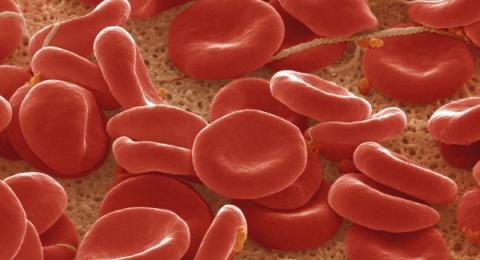Scientists to test artificial blood in humans
The blood cells will be created from ordinary donated skin cells called fibroblasts which are genetically reprogrammed into a stem cell-like state. The resulting induced pluripotent stem (iPS) cells have the same ability as embryonic stem cells to develop into virtually any kind of body tissue. Chemicals will be used to coax the iPS cells to mature into red blood cells suitable for injection into a living person.
The aim is to produce relatively rare O rhesus negative blood that can safely be given to 95% of the population, and the skin cell donors will have to belong to this blood group. A £5m strategic award from the Wellcome Trust charity is funding the research being carried out by a consortium that includes blood donation services in England, Scotland and Ireland. Dr Joanne Mountford, from the University of Glasgow, who is head of cell therapy research & development at the SNBTS, said: “This is very much about blood services looking to their future. Our vision is to start replacing donor blood over the next 20 years.”
Dr Ted Bianco, director of technology transfer at the Wellcome Trust, said: “Harnessing the power of stem cell biology to contribute to healthcare is one of the most exciting opportunities we can expect to see reach fruition in the coming years. But one should not underestimate the challenge of translating the science into routine procedures for the clinic. “Nowhere is this more apparent than in the challenge Professor Turner and colleagues have set out to address, which is to replace the human blood donor as the source of supply for life-saving transfusions, knowing that each unit of blood contains no less than a trillion red cells.”

